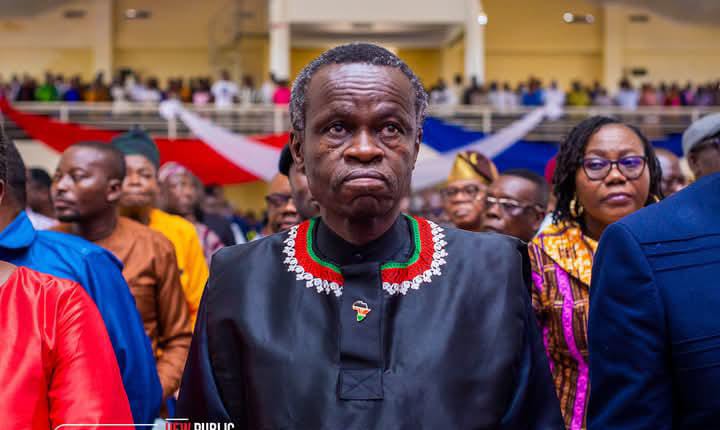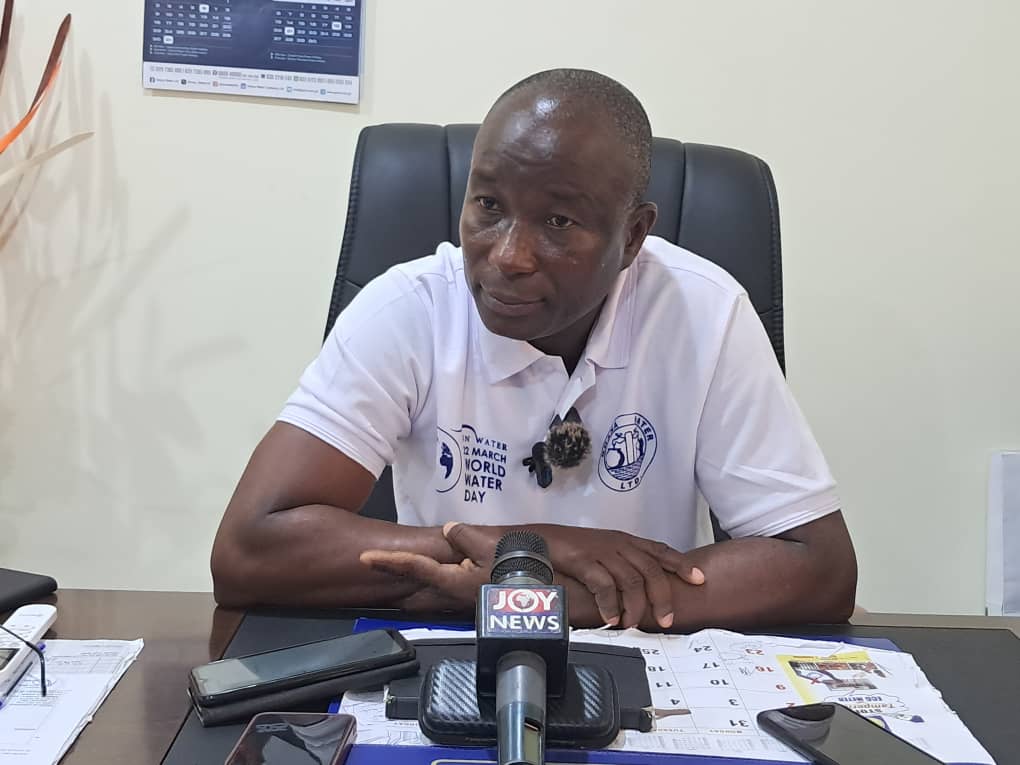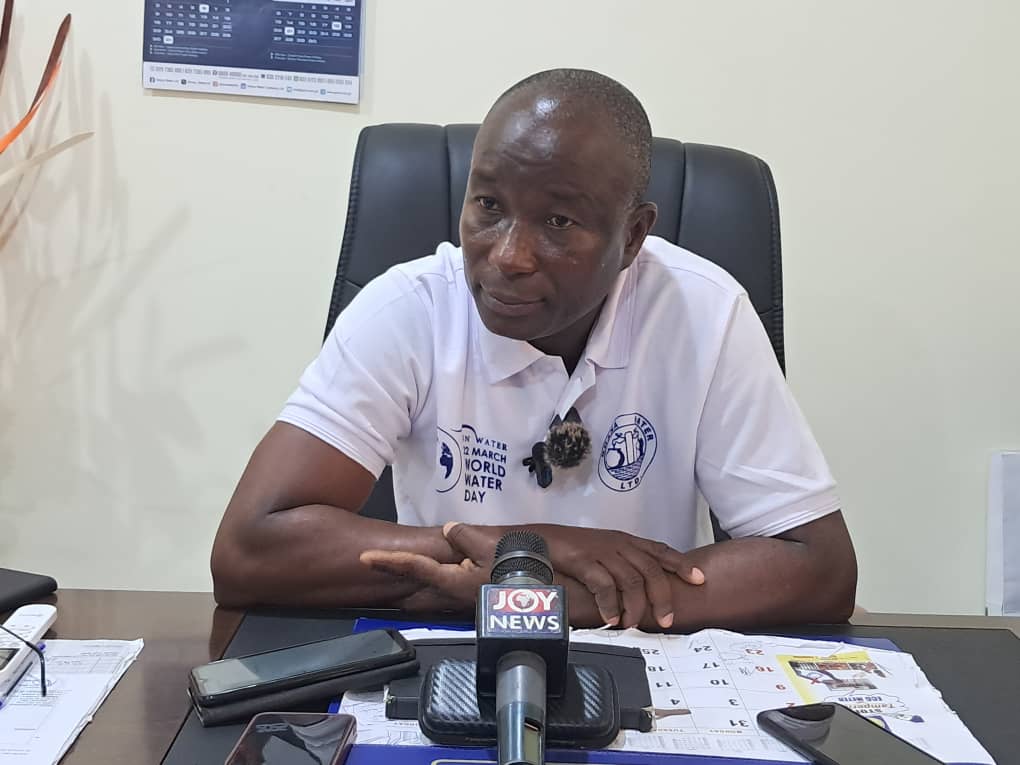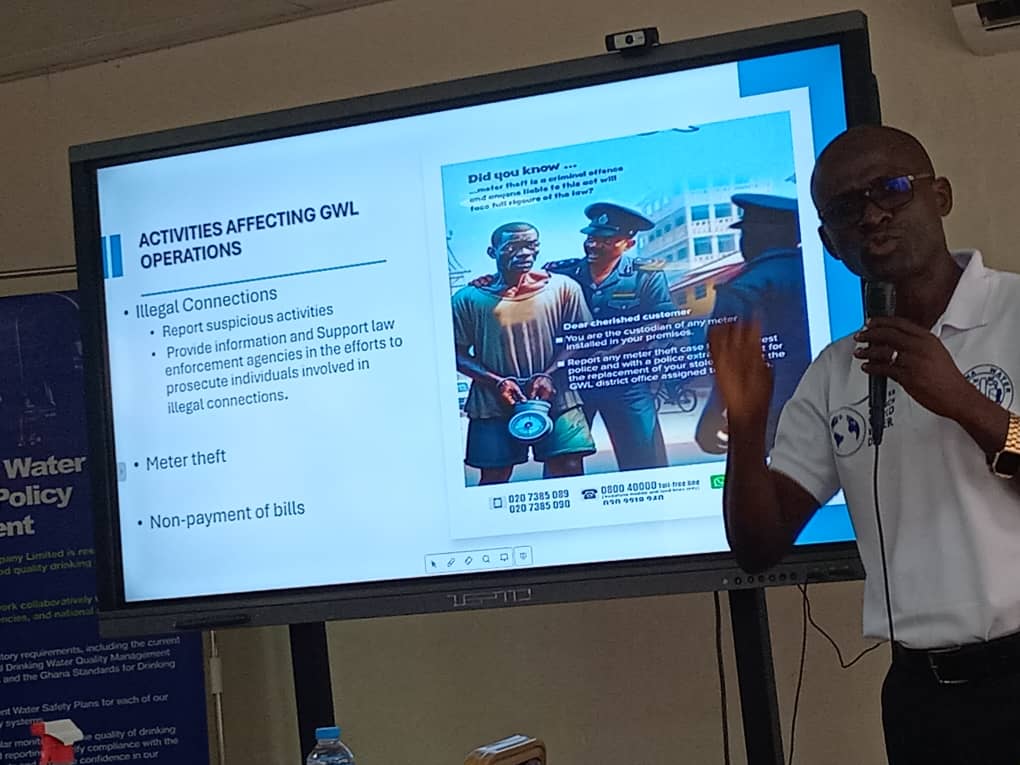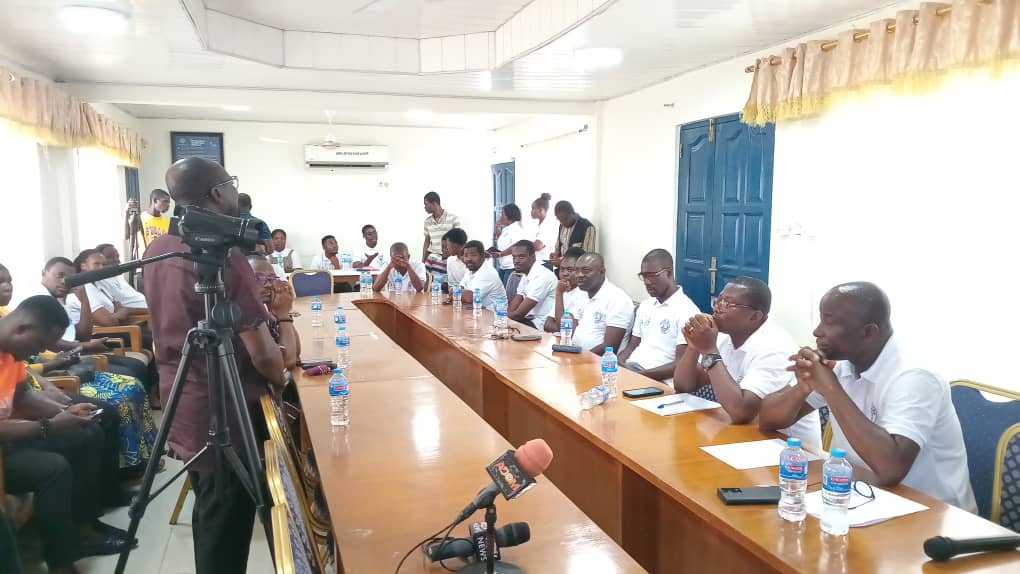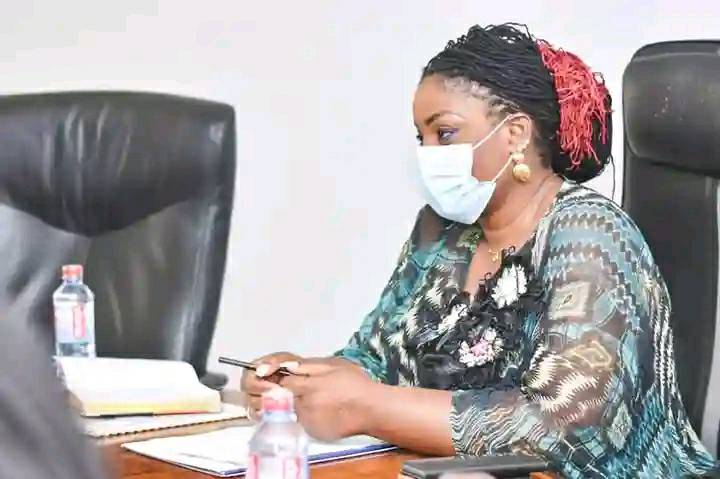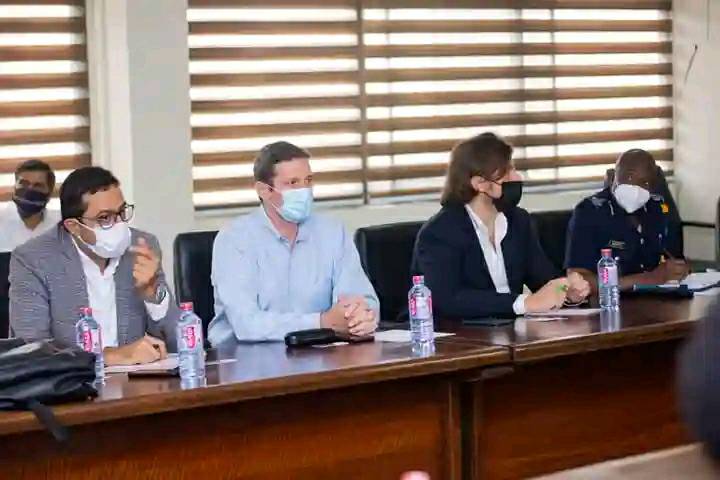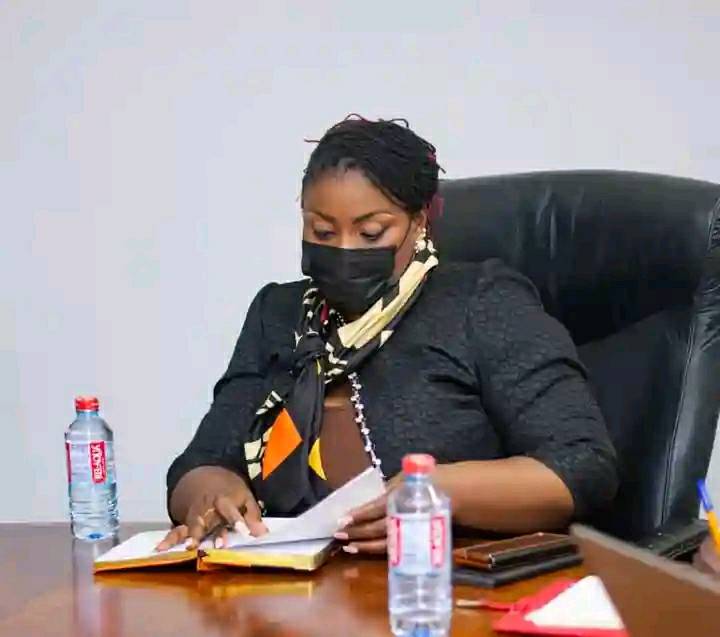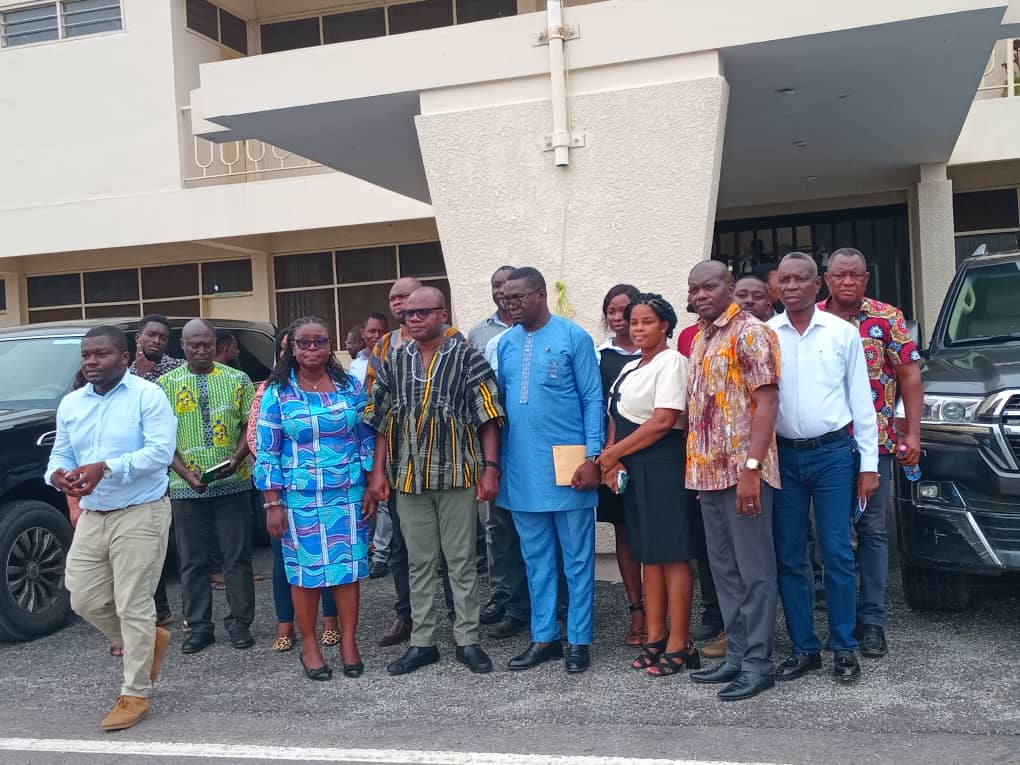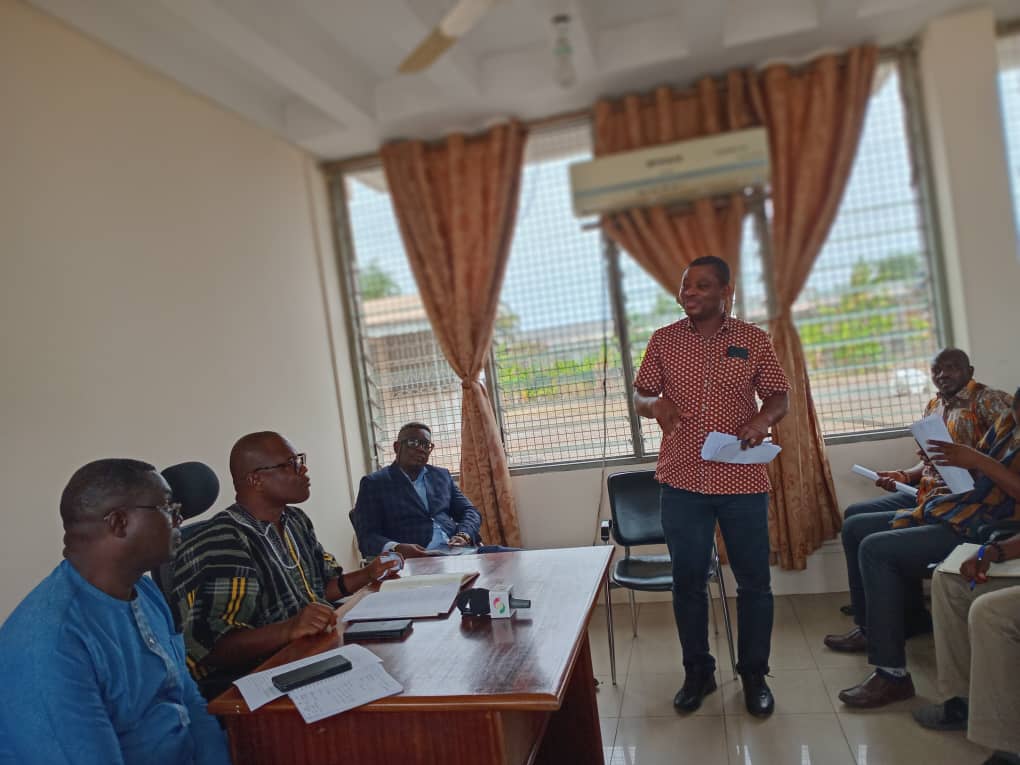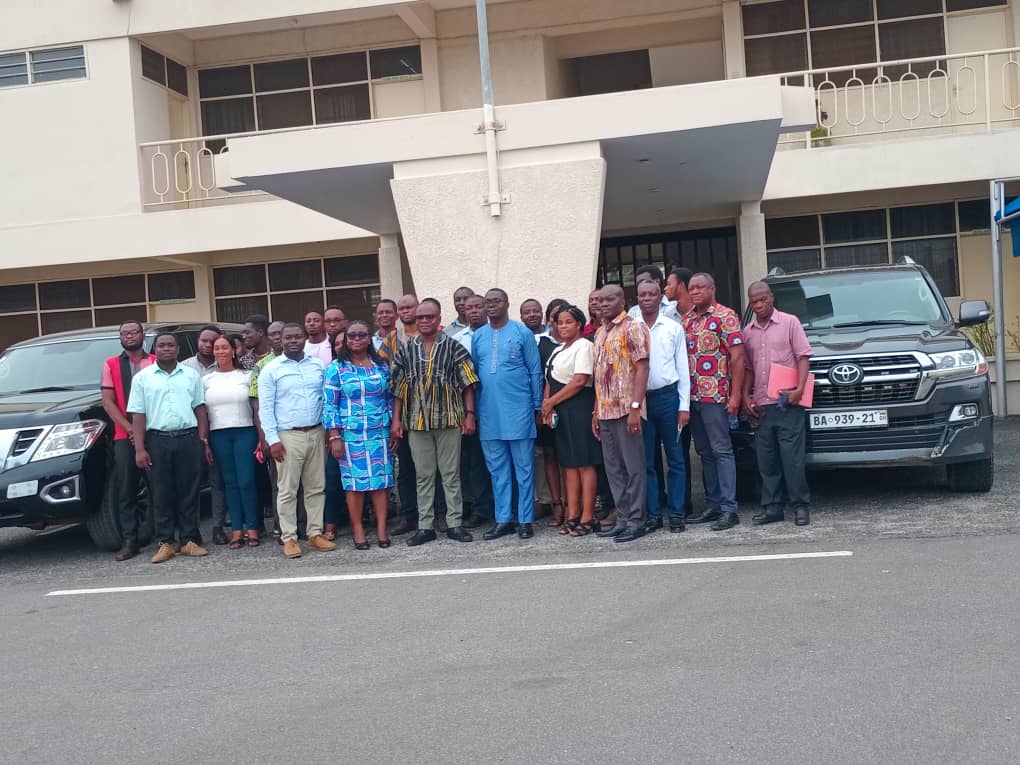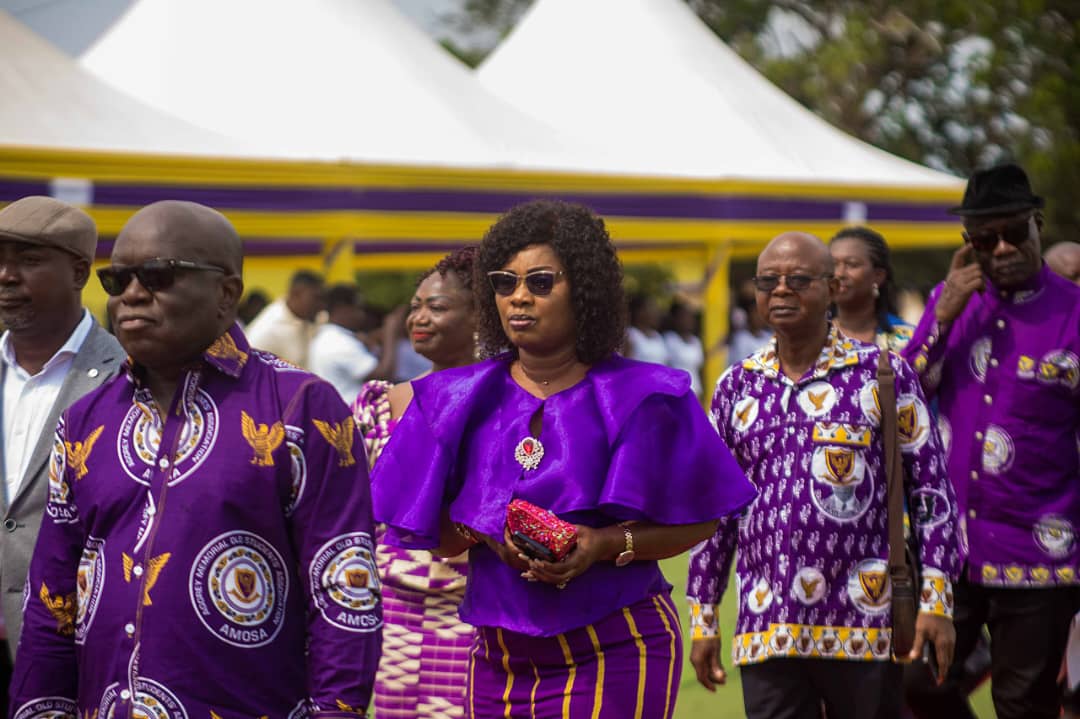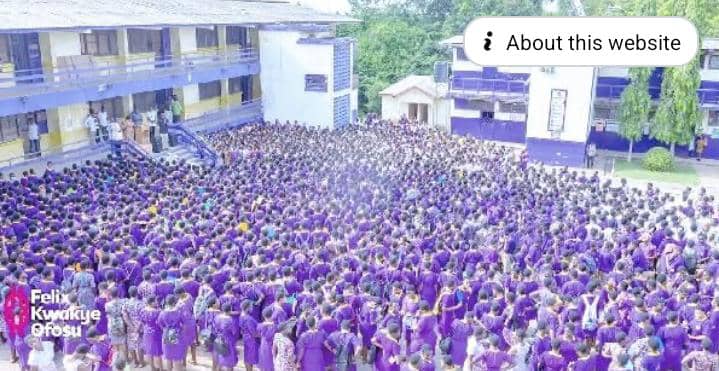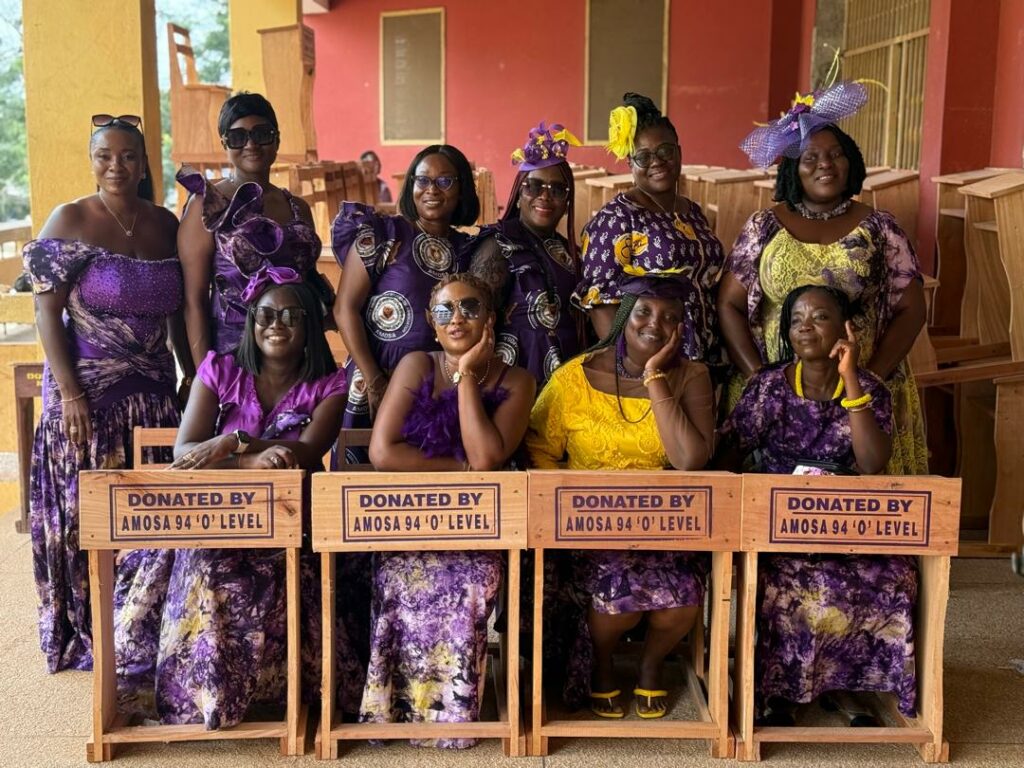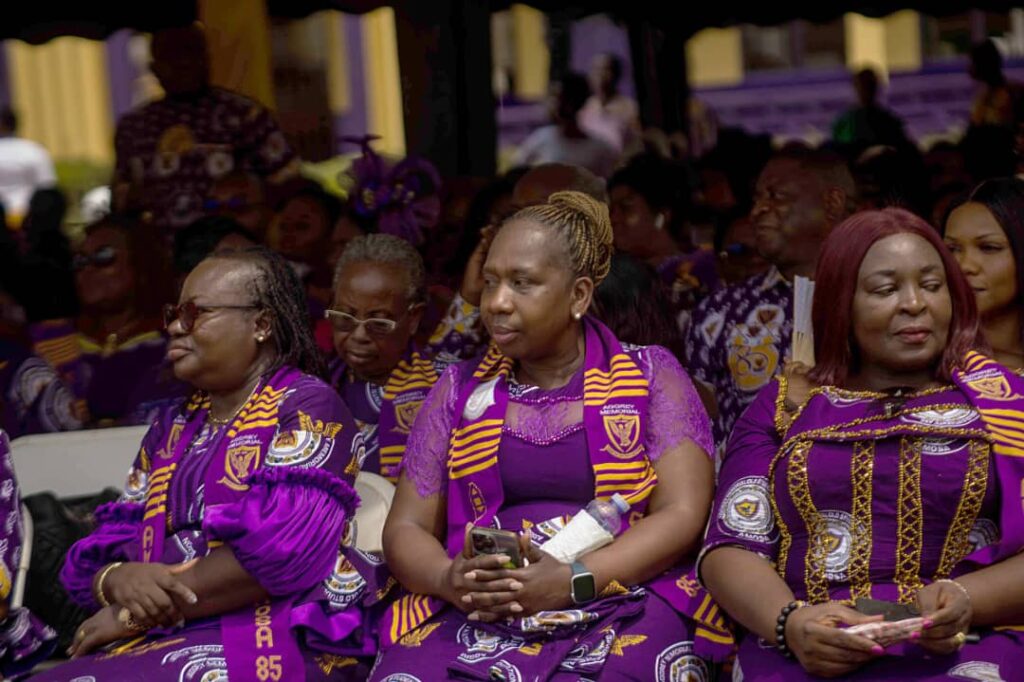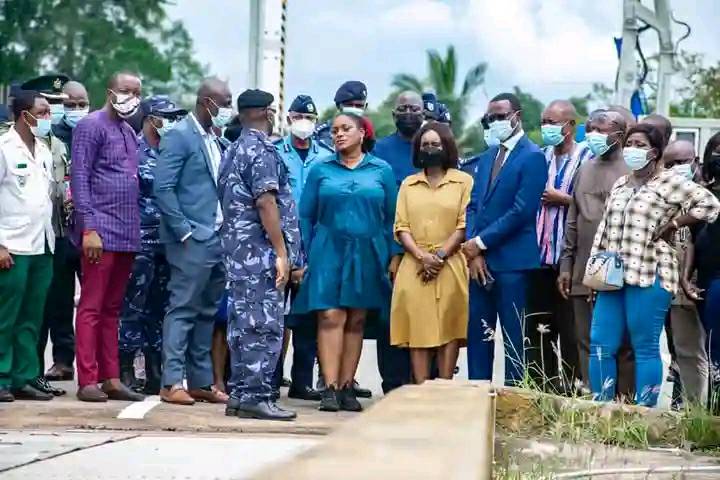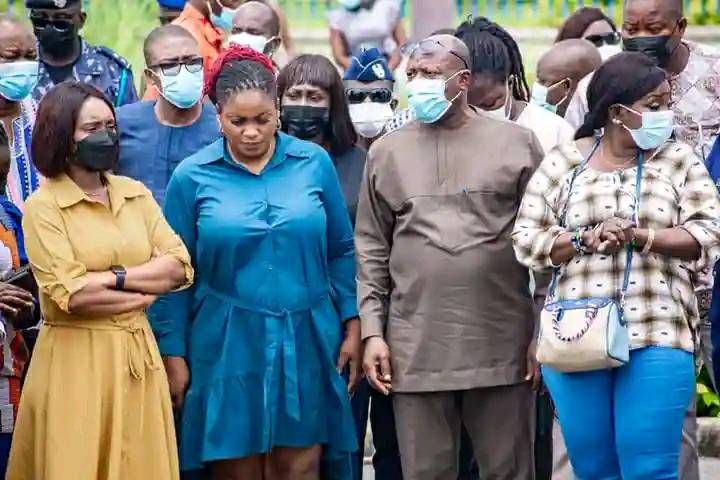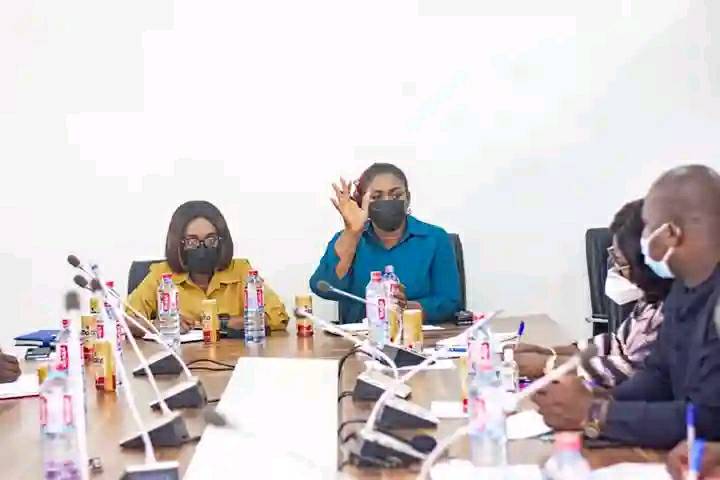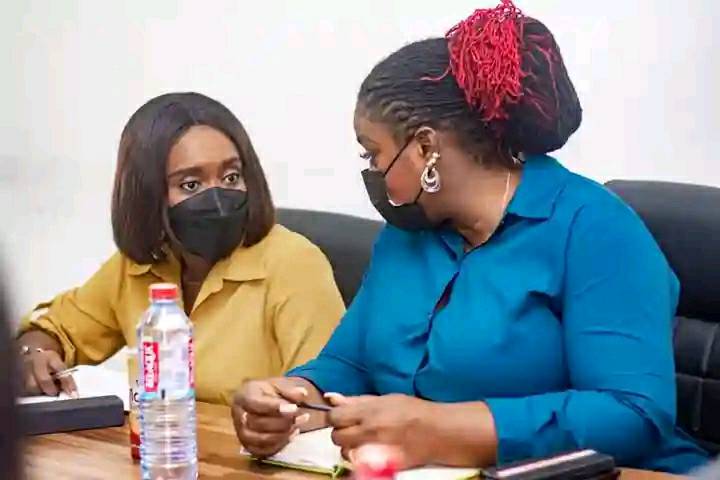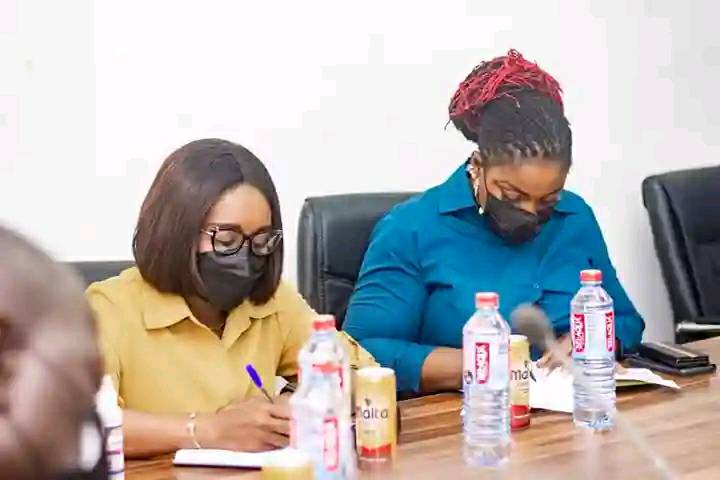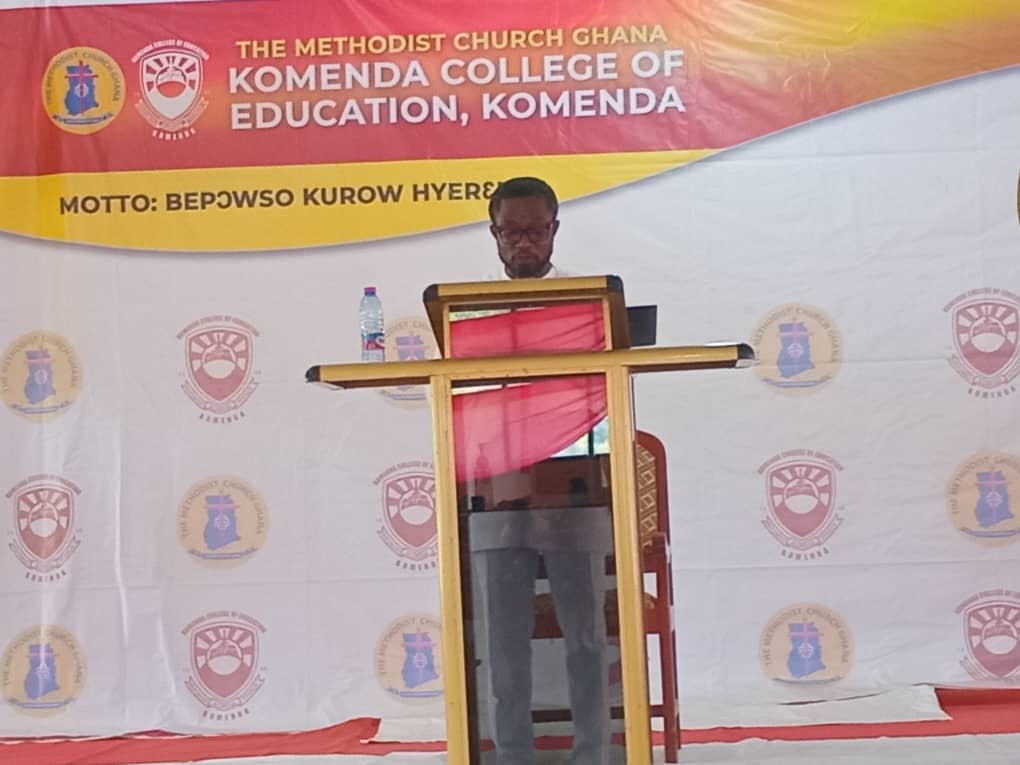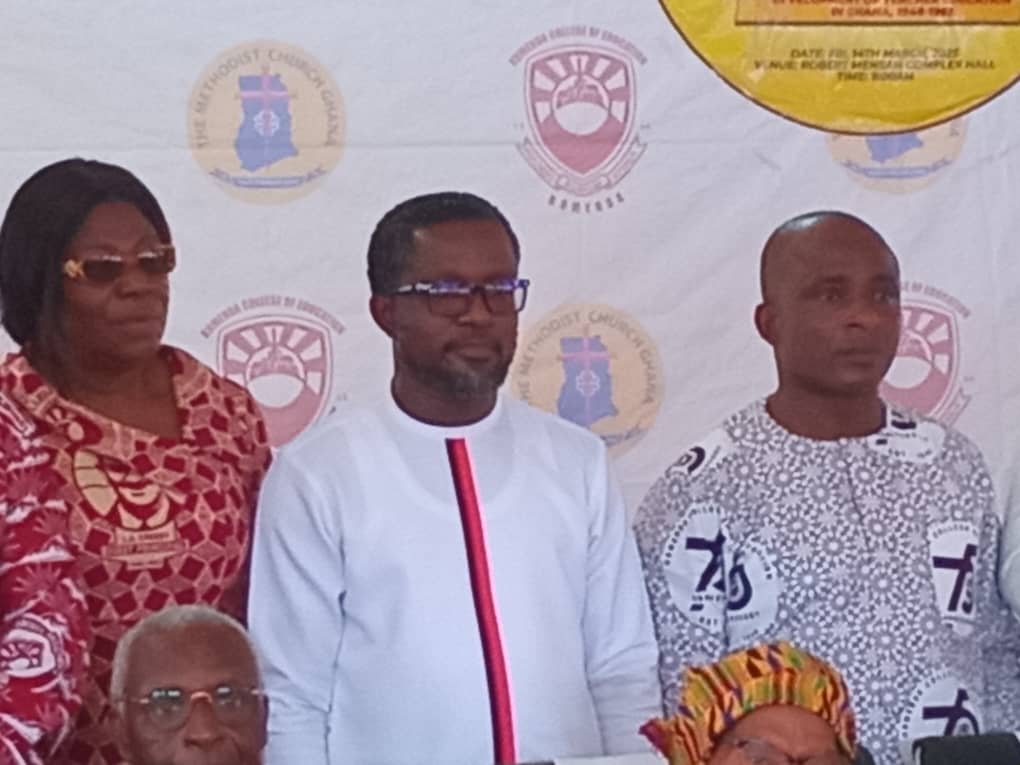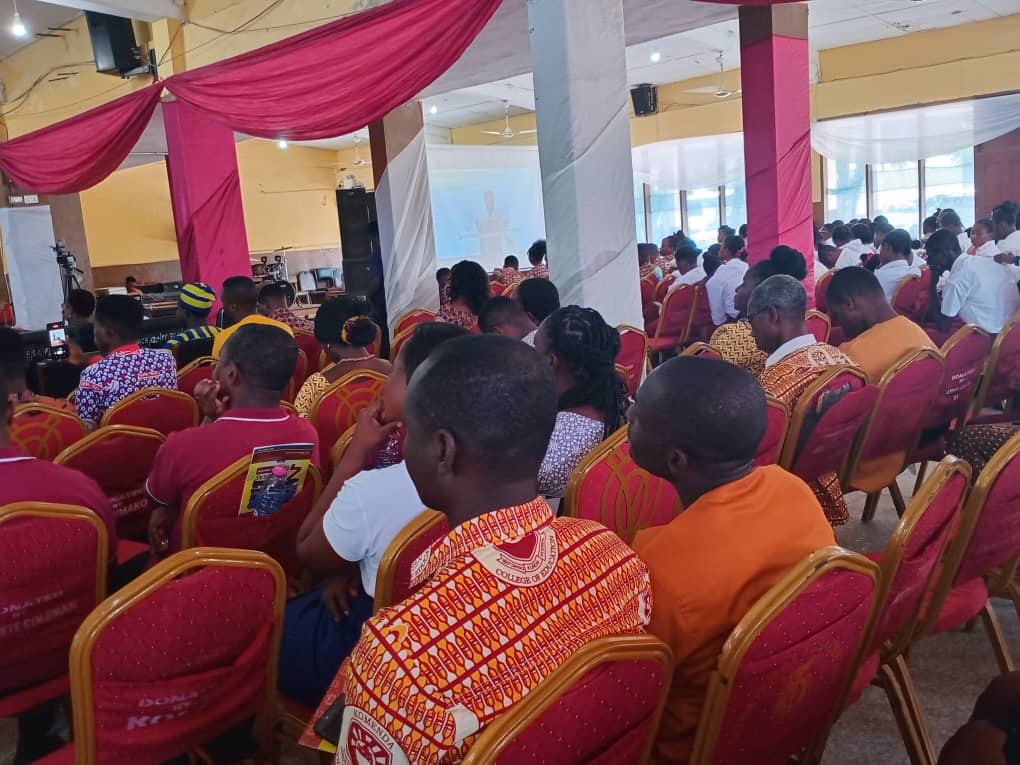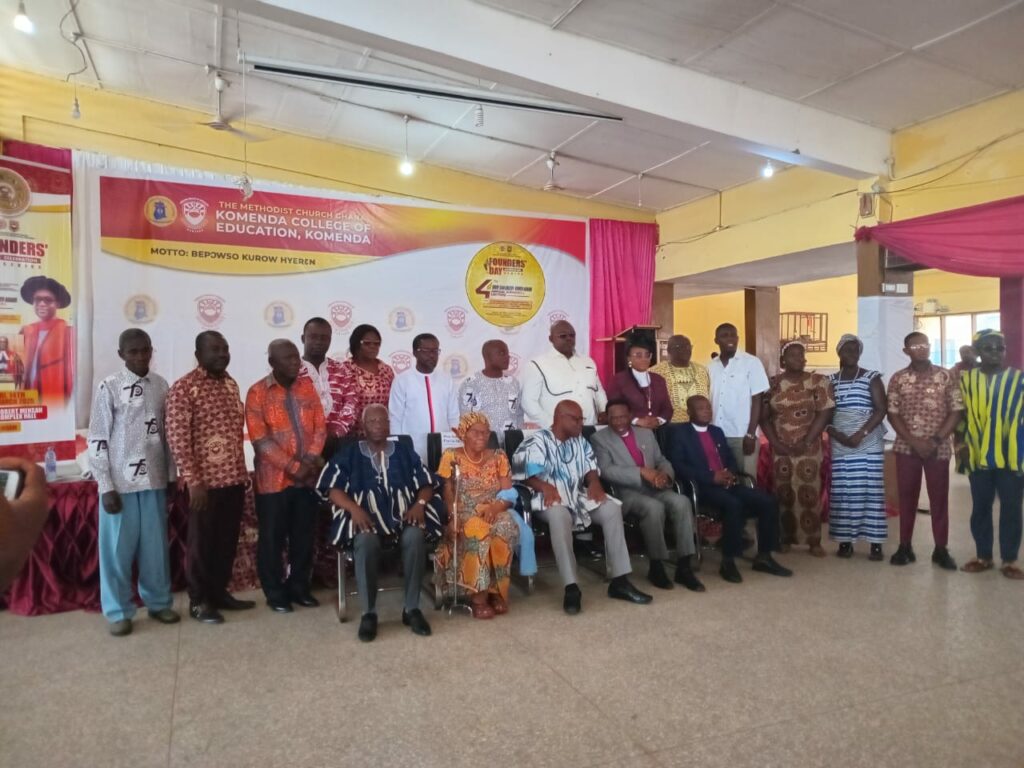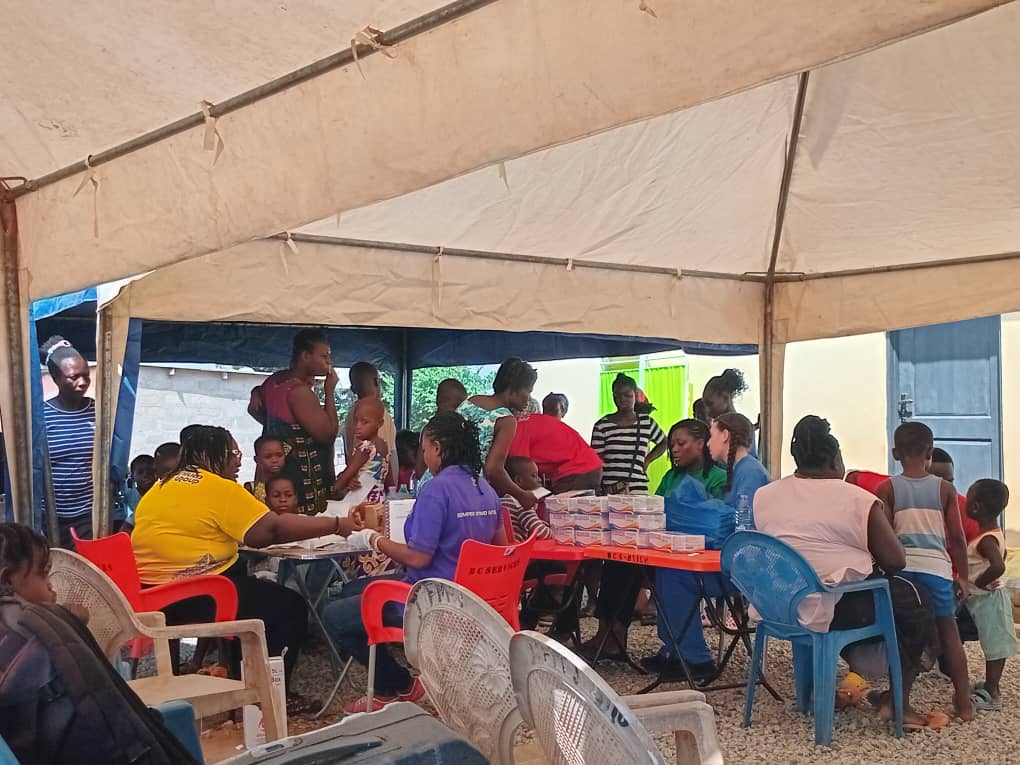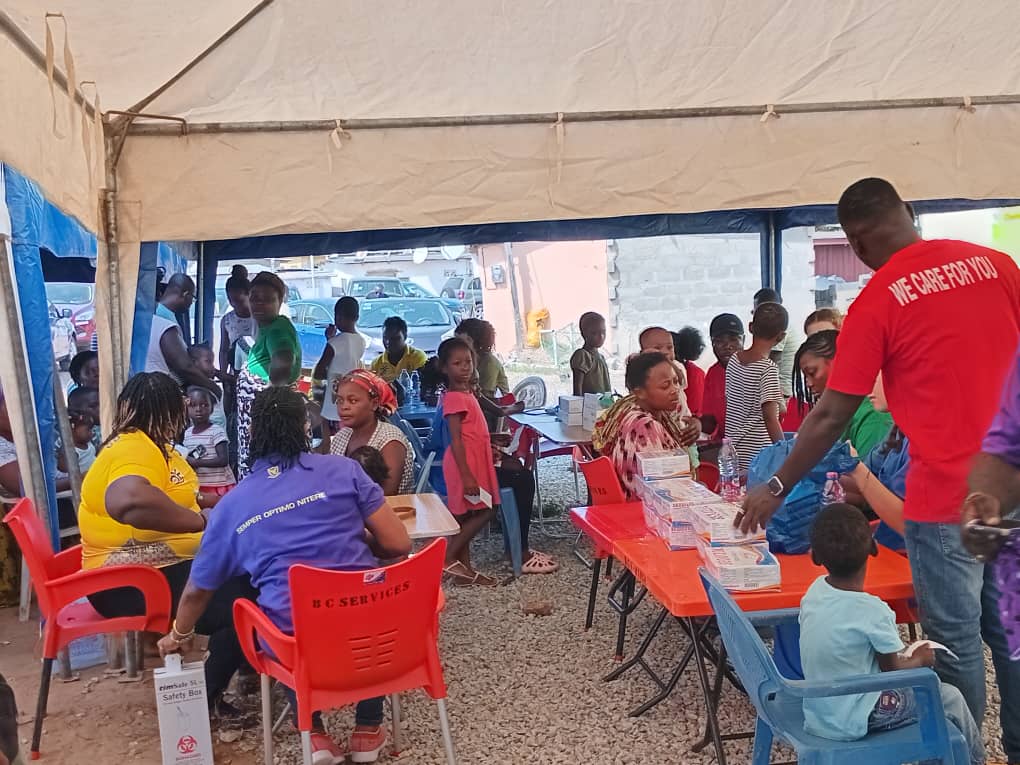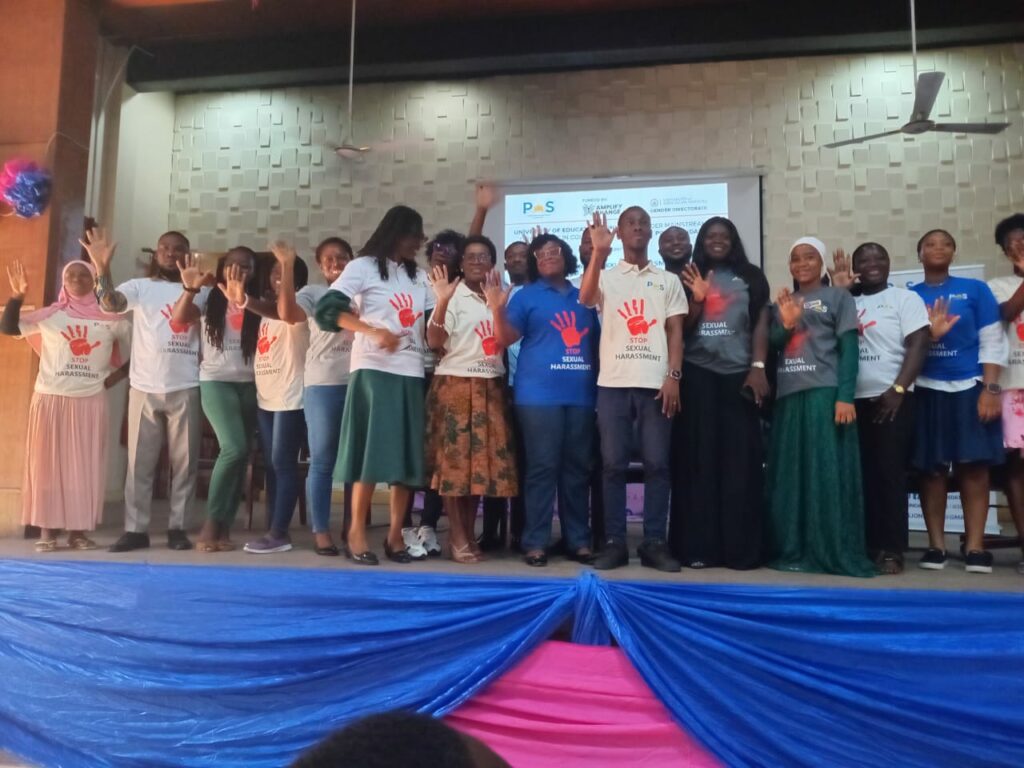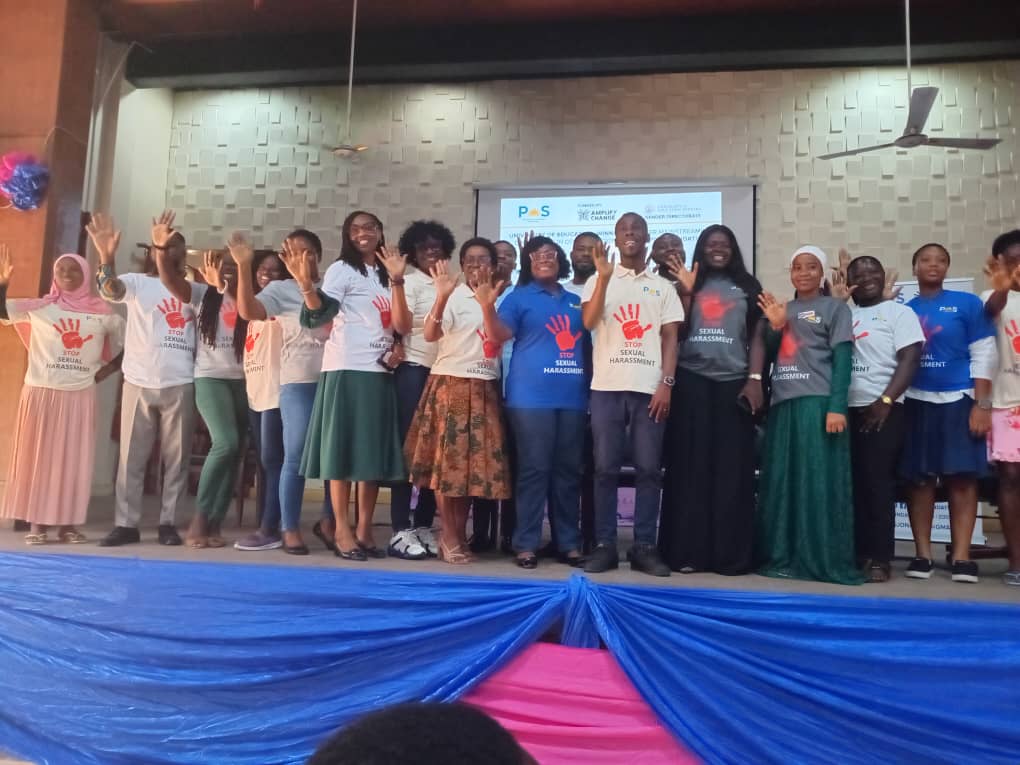From Joana Kumi, Capecoast
Renowed Pan-Africanist, Professor PLO Lumumba, has urged a complete rethink of Africa’s education system to develop a mentally awakened generation capable of transforming the continent.
He stressed the importance of African leadership—both traditional and political—academics, and youth working collectively to nurture a mindset of possibilities.
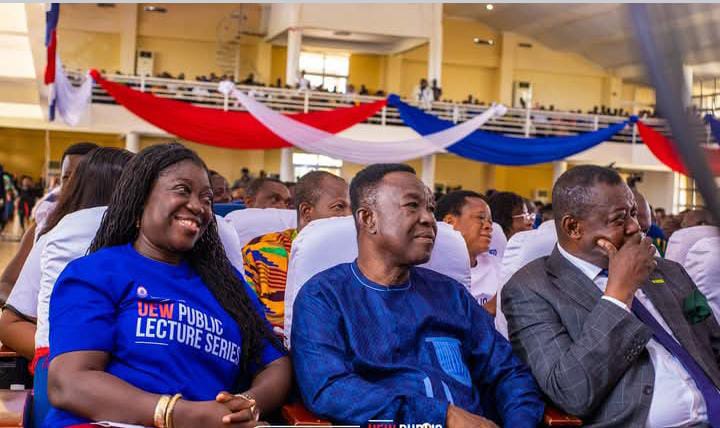
He called for a deliberate effort to decolonize the African mind, build upon indigenous knowledge, and maximize the continent’s abundant resources to fuel progress.
Delivering a keynote address at the University of Education, Winneba’s maiden public lecture series last Friday, Prof. Lumumba said Africa must embrace research and modern technologies to revolutionize key sectors like agriculture, healthcare, engineering, and technology, laying a solid foundation for development.
The event, themed “Empowering Minds, Shaping Futures for 21st Century Education,” was aimed at creating a space for meaningful exchanges among educators, policymakers, and stakeholders to collaboratively address social challenges and inspire practical solutions for economic growth.
According to Prof. Lumumba, Africa must actively liberate itself from the lingering effects of neo-colonialism—a system, he said, that continues to present African values and knowledge as inferior.
He urged citizens of the continent to channel their energies into innovation and creativity.
He decried the paradox of a resource-rich continent with a vibrant youthful population still struggling to develop the infrastructure needed for economic progress.
“The level of miseducation on the continent was worrying we must change into enter the 21st century,” he noted.
Prof. Lumumba called for a move away from superficial reforms towards genuine educational transformation—changes that address real challenges in sectors such as agriculture, health, and engineering, while instilling ethics, entrepreneurial skills, and a strong value system.
He emphasized that Africa’s educational institutions must produce confident engineers, technocrats, medical professionals, and agriculturists who can independently tackle the continent’s needs.
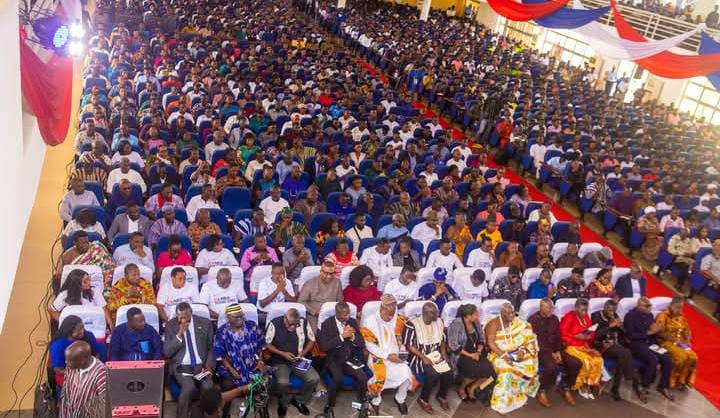
Paying homage to great African thinkers, including Ghana’s first President Dr. Kwame Nkrumah, he said their philosophies remain essential even today.
He added that dismantling the colonial-era divisions, particularly linguistic and political borders, was crucial for establishing robust inter-African trade and cooperation.
“I hope to see an Africa with its own cars, satellite stations and industrial facilities,” Prof. Lumumba declared, insisting that “Africa is possible” and challenging everyone to “think without the box.”
Combating Poverty and Ignorance
Leadership coach, Dr. Samuel Koranteng-Pipim, speaking at the event, emphasized the need for education to empower the continent by combating poverty with skills, fighting ignorance with informed learning, and reducing dependence through innovation and entrepreneurship.
He urged UEW and similar institutions to produce teachers well-equipped to handle the evolving demands of contemporary education.
Representing the Minister for Education, Dr. Clement Apaak, the Deputy Minister for Education, stressed the need for unity and collaboration to create a resilient education system tailored to the needs of the 21st century.
He noted that Ghana’s educational quality would play a decisive role in shaping its socio-economic direction.
21st Century and its Promise
Dr. Apaak remarked that although the 21st century presents challenges, it also brings significant opportunities—especially in technology, globalization, and shifting job landscapes.
He called for an inclusive and forward-thinking educational model that would allow African countries to benefit from these developments.
Also speaking at the lecture, former Director-General of the Ghana Health Service, Prof. Agyeman Badu-Akosah, encouraged the continent to tap into its rich heritage, especially in herbal medicine, while preserving its natural resources and environment for sustainable development.
Congolese sinologist Edmond Moukala applauded the initiative by UEW and commended the various speakers for their dedication to fostering a more aware and visionary Africa.
Vice-Chancellor’s Commitment
In his address, UEW Vice-Chancellor, Prof. Stephen Mitchual, said the success of Ghana’s sustainable development efforts heavily depends on the standard of its education.
As a top teacher education institution, he noted, UEW is committed to advancing intellectual engagement and partnerships.
He said the lecture series was created to bring together academics, policymakers, and members of the public from all walks of life to share ideas, engage in thoughtful dialogue, and promote actionable steps.
He added that this initiative would encourage all stakeholders to adopt varied perspectives to advance education, foster responsible citizenship, and build resilient communities that support Ghana’s overall development.

